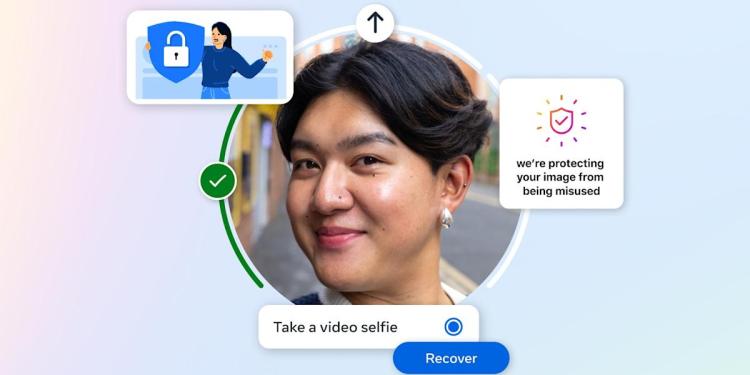Meta is making a bold move by bringing facial recognition technology back to its apps after a three-year hiatus. The decision to re-implement this controversial feature comes as the company aims to combat scams and aid users who have lost access to their accounts on Facebook and Instagram.
The first application of facial recognition will be to detect scam ads that use the images of celebrities and public figures. By comparing faces in suspicious ads to the profile pictures of public figures on social media, Meta hopes to block fraudulent content. This new system is faster and more accurate than manual review, making it a valuable tool in the fight against misleading advertisements.
Celebrities and public figures will have the option to opt out of this protection, but Meta plans to automatically enroll more individuals in the feature in the coming weeks. The company acknowledges that legitimate ads often use the images of celebrities, making it challenging to identify potential scams. However, with facial recognition technology, Meta aims to provide an extra layer of security for users.
In addition to combating scams, Meta is testing facial recognition tools for account recovery. Users who have been locked out of their accounts can upload a video selfie, which Meta will use to verify their identity. This verification process will also help prevent hackers from accessing accounts using stolen credentials.
While these new features aim to enhance security and protect users, Meta emphasizes that facial data used for comparisons will be immediately deleted and will not be used for any other purposes. The company is taking privacy concerns seriously and is making these features optional for users.
Recognizing its past challenges with facial recognition technology, Meta is treading carefully with the deployment of these new tools. The company faced lawsuits over its previous use of facial recognition technology and is being cautious about rolling out the new features in certain regions. Initially, the tools will not be available in Illinois or Texas, and discussions with regulators in the UK and EU are ongoing.
Despite the company’s efforts to address privacy concerns and potential legal issues, there is still skepticism surrounding the reintroduction of facial recognition technology. However, Meta remains optimistic about the global scalability of these new features by 2025.
Conclusively, as Meta embarks on this journey to reimplement facial recognition technology, it is crucial that the company prioritizes user privacy and security. By incorporating innovative solutions to combat scams and enhance account recovery, Meta is taking proactive steps to protect its users. It will be interesting to see how these new tools evolve and how they shape the future of social media platforms.
For more trending news articles like this, visit DeFi Daily News.
So, buckle up and get ready for the next chapter in the world of facial recognition technology. Who knows what the future holds for this controversial yet powerful tool? Only time will tell, but one thing is for sure – Meta is not shying away from the challenge. Watch this space for more updates and developments in the world of tech and social media!



















